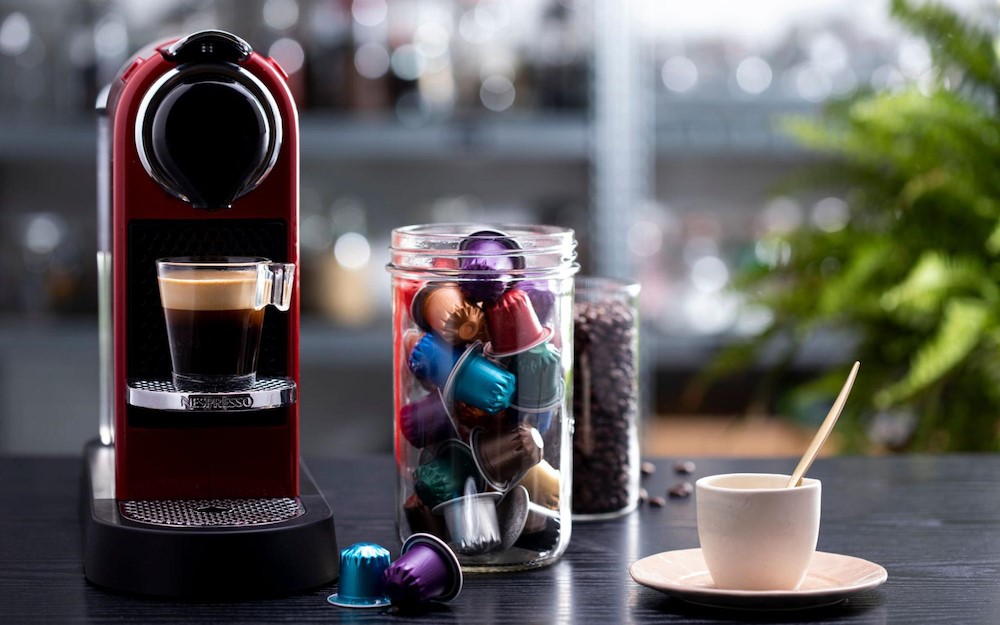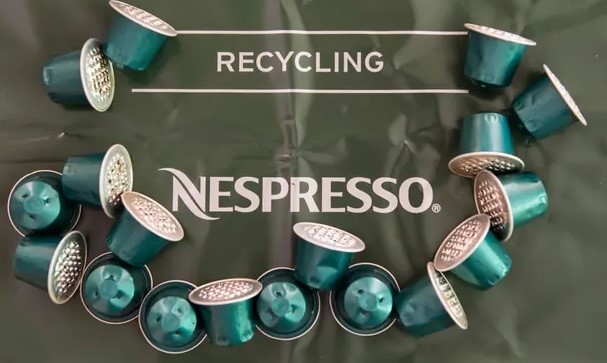

Nespresso has launched its Recycling Rewards program for the second year to promote its aluminium coffee capsule recycling initiative. A recent online study showed that many Australians are unsure about the country’s recycling systems.

Almost 78% of respondents believed their household recycling would be sorted and redirected by machines, councils, or volunteers, irrespective of which bin they used.
The New South Wales Young Australian 2023 and founder of Banish and BRAD, Lottie Dalziel, exemplified: “I see so many Australians trying to do the right thing by putting used household items like soft plastics, toothbrushes and aluminium coffee capsules in their curbside recycling bins and optimistically hoping they will be recycled at the other end. Most often than not, it sadly isn’t the case. Many items like aluminium coffee capsules must be recycled through dedicated programs like Nespresso’s where infrastructure exists to separate the materials.”

Beginning from June 1 to June 30, Australians can participate in the Recycling Rewards programme by recycling at least 100 aluminium coffee capsules at any Nespresso boutique nationwide to receive a discount of $5 on coffee or machine purchases during their visit. Participants will also be entered into a draw to win one of 10 Nespresso Velosophy bicycles made from recycled capsules. The study also found that 55% of Australians would be more inclined to recycling processes if they understood the real value of their used items.
The Managing Director at Nespresso Oceania, Jean-Marc Dragoli, announced: “We use aluminium in our coffee capsules as it not only protects the freshness, taste, and quality of Nespresso coffee, it is also infinitely recyclable.”
“We hope that by bringing Recycling Rewards back to our boutiques, we can welcome even more Australian coffee drinkers to use our recycling program to give their coffee capsules a second life,” Dragoli added.
When Nespresso capsules are recycled, the aluminium and coffee grounds both get a second chance at life. The coffee is sent to a processing facility to make compost, which can then be used in soil mix for landscaping. The aluminium is sent back to the industry to produce secondary aluminium for new products.



Responses






